Youth Activists in Utah Join Global Climate Strike
Protesters listen to speakers at the Utah State capitol on March 19, 2020 in Salt Lake City as part of the global climate strike. (Photo by Natalie Colby | Daily Utah Chronicle)
March 19, 2021
On the steps of the Utah State Capitol, protesters from the Utah chapter of Fridays for Future took turns riding three stationary bikes to power the sound system used by the speakers.
Through microphones literally powered by the people, youth activists spoke of the importance of grassroots movements.
The crowd first gathered on March 19 at Washington Square Park at 10 a.m. and then marched to the state capitol to demand climate action from Governor Spencer Cox. The majority of protesters were young people, some in high school, junior high and elementary school.
Fridays for Future is an international organization created in August 2018 when Greta Thunberg protested in front of the Swedish parliament every school day for three weeks in a row. Thunberg was willing to miss her classes to demand change and climate action. Since then, many countries and states have developed their own chapters.
Each year, the individual chapters unite in a global climate strike in order to bring attention to the issue. This year, the global strike’s main goals were to “decrease the global temperature, build back a green world, and demand #nomoreemptypromises.”
The group carried signs saying, “stand up to big oil” and “break free from fossil fuels.”
They also chanted as they marched, “Climate change is not a lie. Do not let out planet die,” “Hey, hey, you, you, we deserve a future too,” and “Exxon-mobile, BP, shell. Take your filth and go to hell.”
Raquel Juarez, an organizer of the protest, called upon the audience to sign the Intergovernmental Panel on Climate Change report to be submitted as a testimony to Governor Cox.
The petition calls upon the governor to listen to the children who are skipping school every Friday in fear they will have no secure future to study for.
“The testimony they bring today is the IPCC report explaining at 1.5 degrees Celsius warming, climate-related risks to human health, livelihoods, food security, human security, water supply and economic growth will all increase,” Juarez said.
Juarez turned the petition to the governor’s office at 1 p.m. after gathering signatures from the crowd.
Among the main organizers of the event were also eighth graders at Salt Lake Performing Arts Melanie Van Hook and Natalie Roberts. Roberts started striking by herself in June 2020 every Friday at the Capital, to try and bring awareness to the climate crisis. Van Hook joined her a few weeks ago. They go every week, skipping school.
“Last Friday we had somebody yelling at us about how science wasn’t real and how climate change wasn’t real. So we’ve had quite a few people flip us off and tell us that climate change isn’t real and comment on our posts and stuff,” Van Hook said.
After seeing their efforts, the local Fridays for Future chapter reached out to them several months ago and asked them to take over their Instagram account and help plan the local climate strike.
In the weeks before the strike they met with several organizations, including Sierra Club, Save Our Canyons, Divest U and Southern Utah Wilderness Alliance in order to amplify their message. These organizations also tabled at the capitol, while others gave speeches.
They said the goal of this strike was to wake people up and encourage them to look at the science. They wanted it to serve as a call to action.
“We want to show them that it’s not like people don’t care. There are people who really care about this, and we want you to change. We’re not going to let you just sit by and not do anything,” Van hook said.
One of the groups tabling outside the Capitol Building was Divest U, a new student organization at the University of Utah focused on ending all fossil fuel affiliation on campus. Their current primary campaign is to get the U to divest its endowment from the fossil fuel industry.
“It has somewhere between 6 to 8% of its $1.1 billion endowment invested in fossil fuels, so we would like to see all of that completely divested and reinvested in sustainable energy and socially good projects like community projects,” said Rebecca Hardenbrook, a third-year Ph.D. candidate at the U and president of Divest U.
Hardenbrook said no one understands the urgency of the climate crisis like young people.
“I just had a conversation with some people in a very formal setting, all young people at the U, where we started having a very emotional discussion about how none of us were planning to have kids because of the climate crisis,” she said.
Roberts said humans are accelerating the speed of a ticking time bomb, and that is climate change.
“We are living in a climate disaster. It’s not something far off in the future that will affect generations to come,” Roberts said. “The future is now, and it’s not bright.”


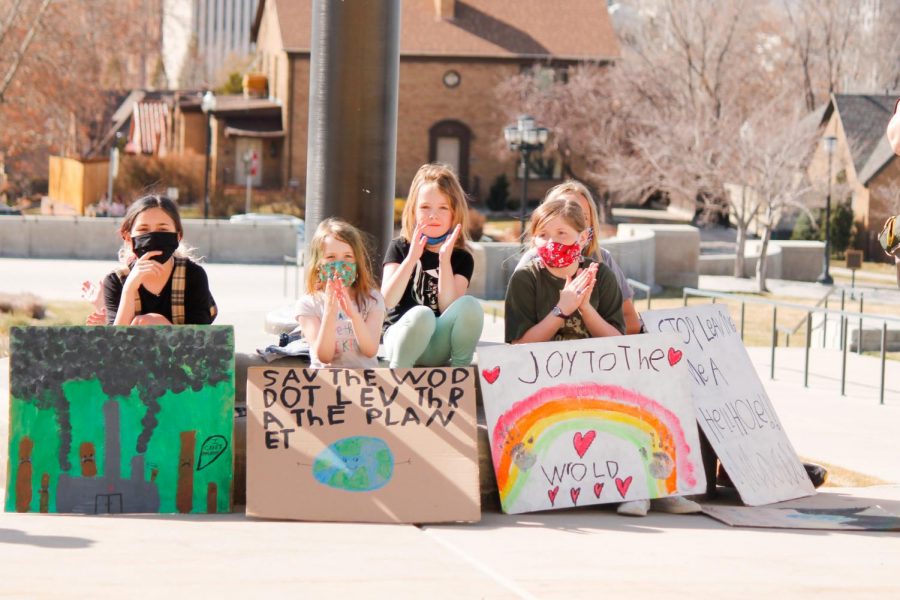
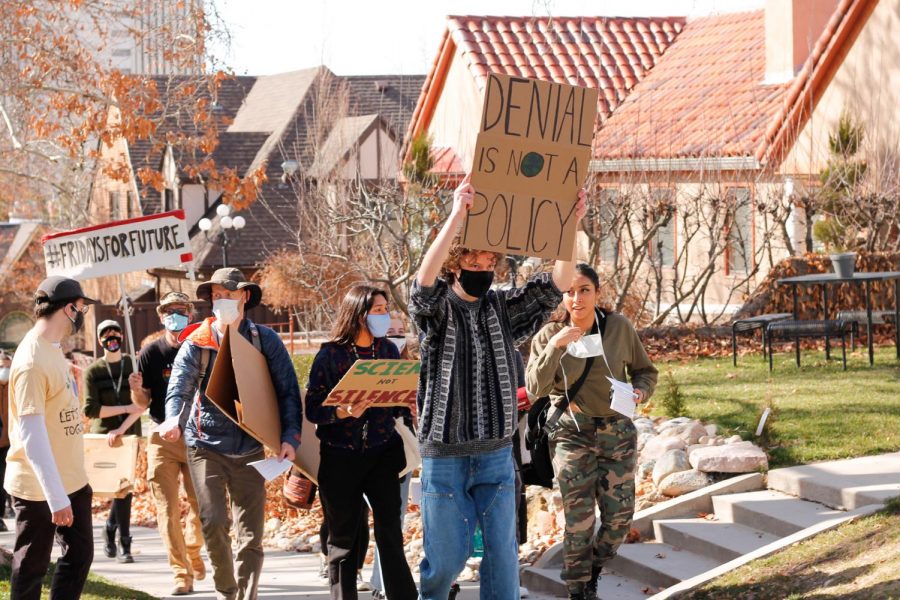
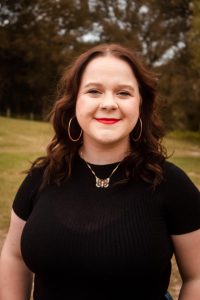


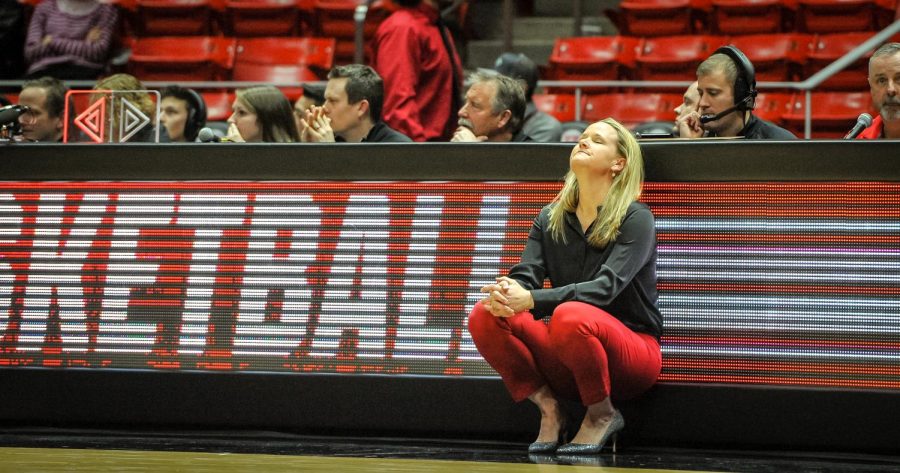

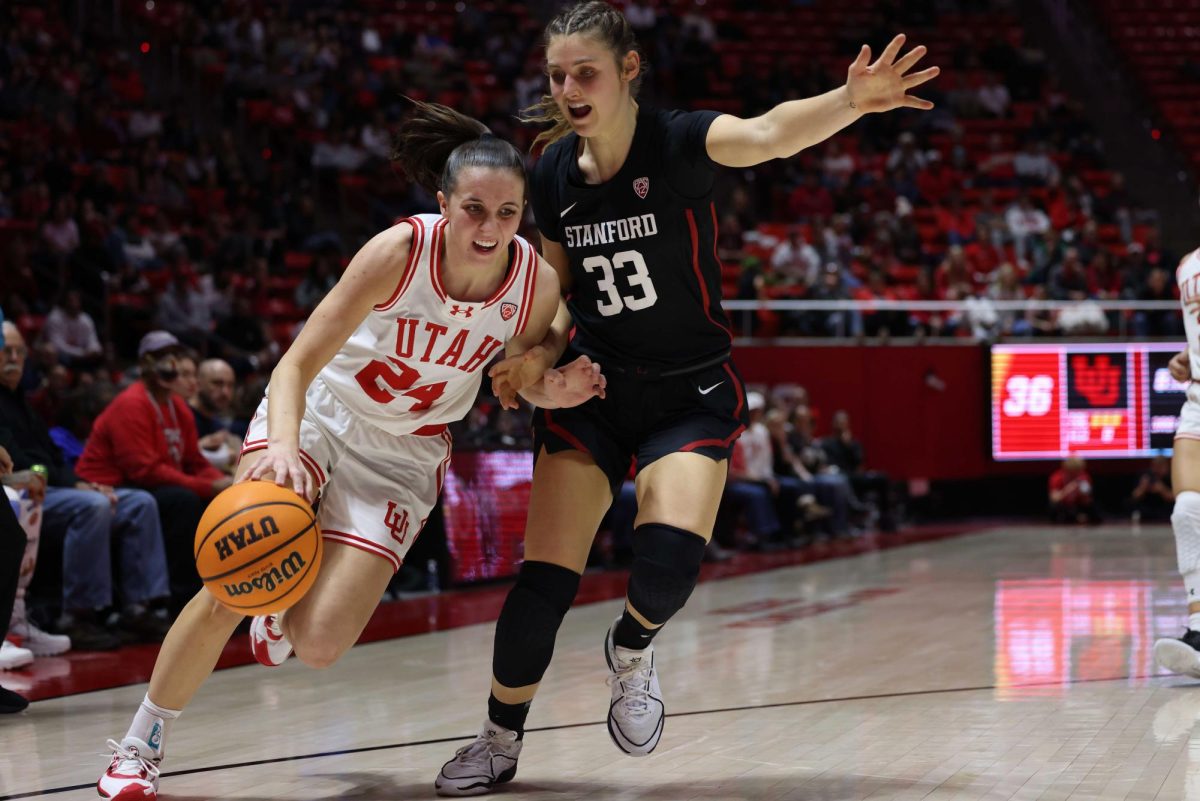

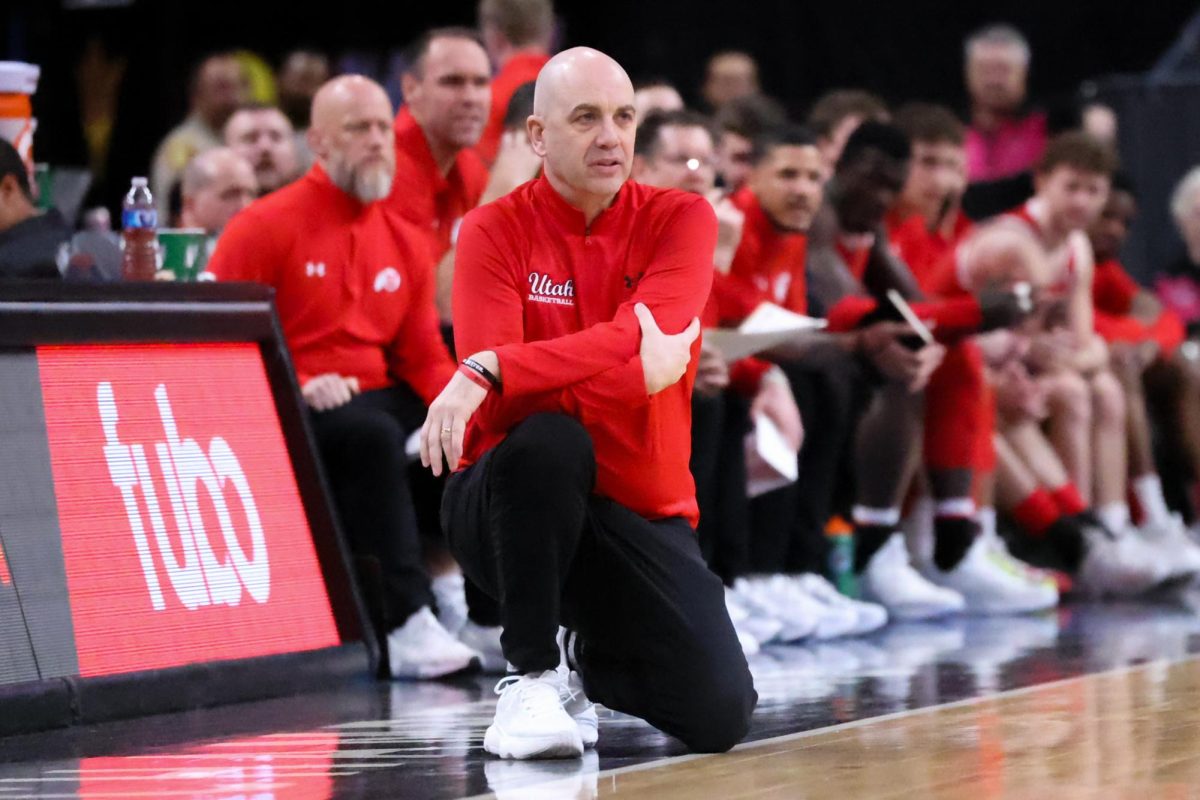
Kathy Van Dame • Mar 20, 2021 at 2:19 pm
Thanks for informative article. Photo captions give 2020 as the year. <3